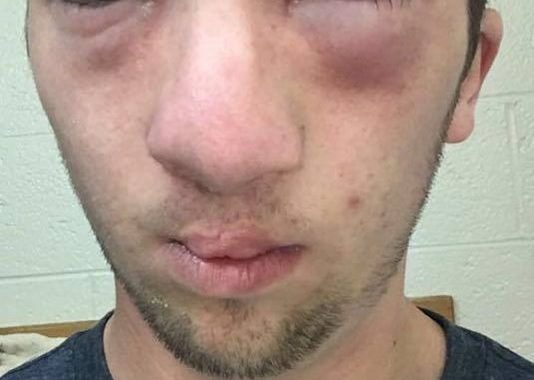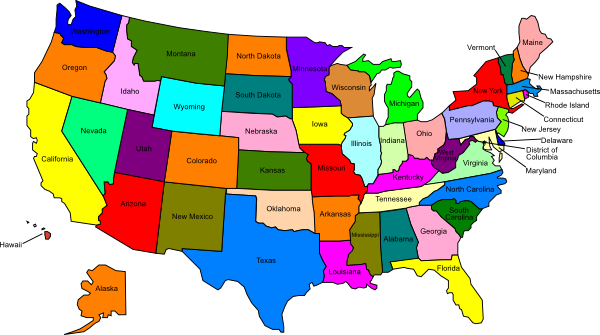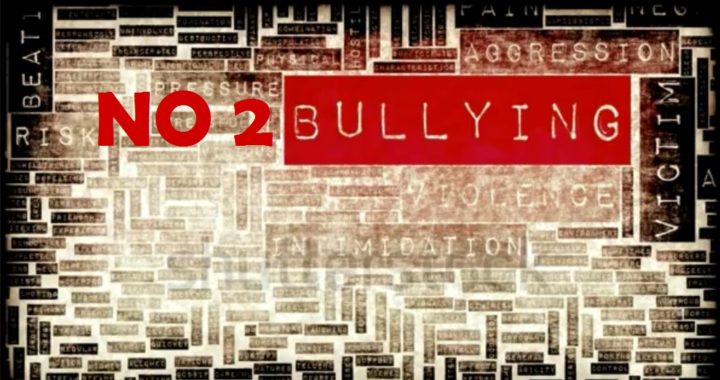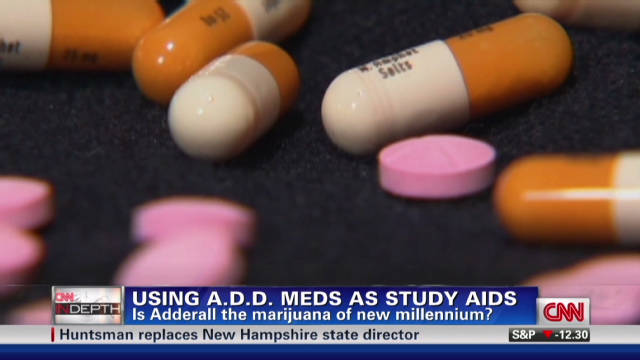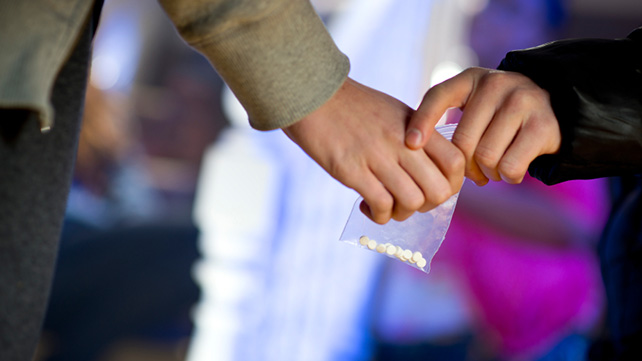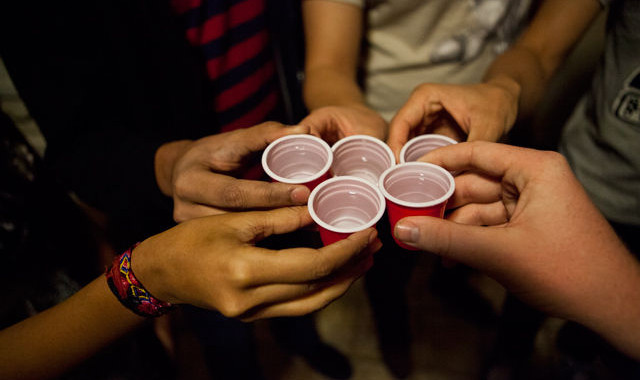Iota Phi Theta rolls out the No2Hazing™ program nationwide.
Course empowers brothers on the important aspects of hazing education:
Identification
Prevention
Reporting
___________________________________________________________
“Thank you for the opportunity to complete the No2hazing online training. The content of the course was great. I liked that information specific to my location (DC) was provided and I learned about the laws applicable to me and my chapter. “
Camilo Martinez
Iota Phi Theta Chapter Leader
I would then definitely like to say that taking this course definitely refined and improved my skills in identifying and eliminating hazing. I had absolutely no idea that hazing was so detrimental to our fraternity. Now I and my chapter brothers, as well as accompanying chapters, can help to ensure intake is conducted safely, in a way that builds candidates/pledges’ character while simultaneously reforming them into the men Iota continues to look for.
Anthony Freeman
Iota Phi Theta Chapter Leader Virginia

